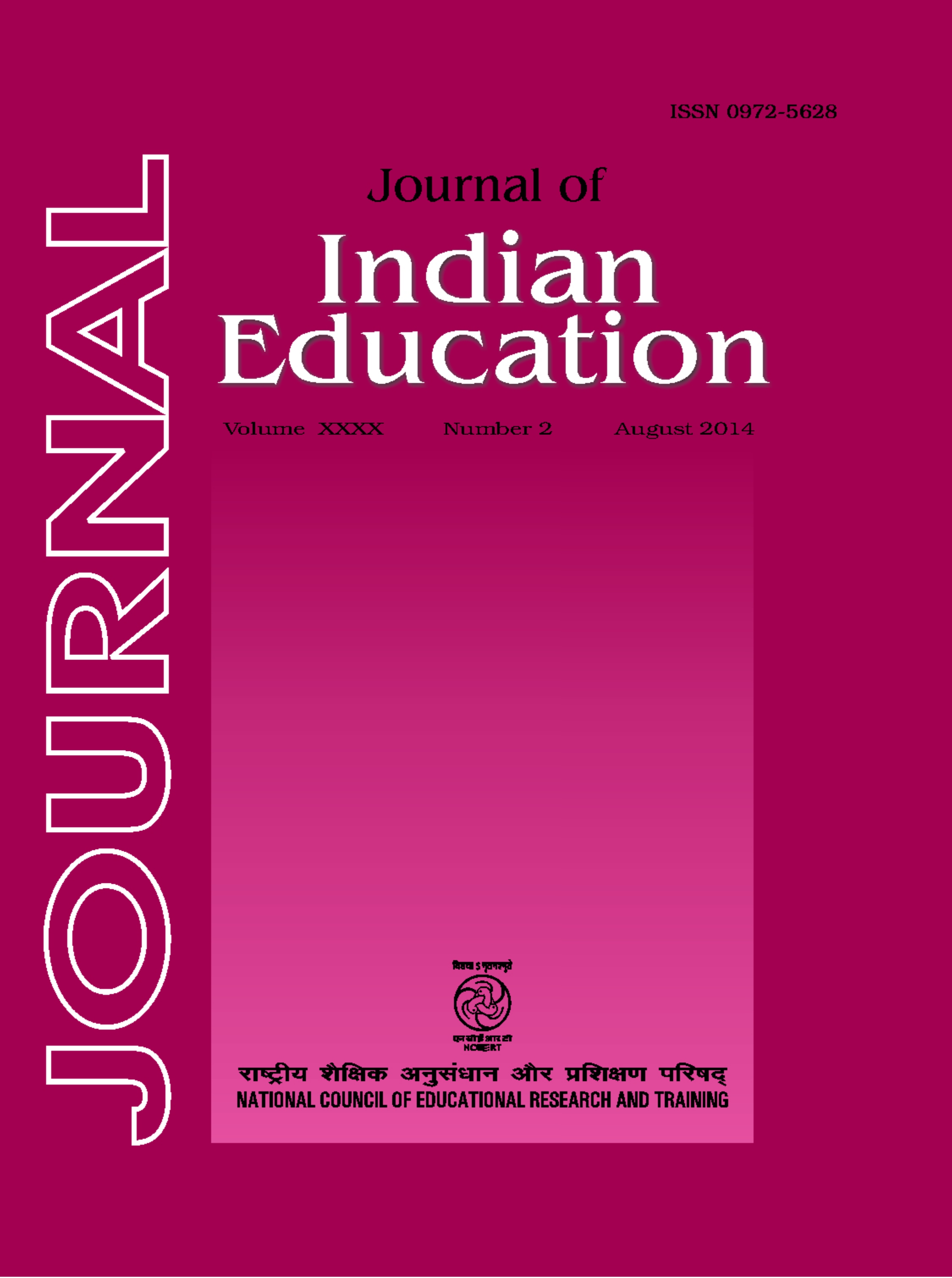Published 2014-08-31
Keywords
- Fundamental Right to Education,
- Social Exclusion
How to Cite
Abstract
Denotified Tribes (DNTs) form a large segment of population in Indian society. They are largely characterised by extreme poverty and socioeconomic backwardness. Due to several factors the DNTs remained backward educationally, socially, politically and economically. During the years of British rule, they were treated as habitual offenders and even today they are among the worst victims of cruelty and injustice particularly mob lynching, arson, public and police atrocities, mainly on account of the stigma of criminality attached to them. A majority of the DNTs are illiterate even after 65 years of Independence and are still deprived of quality education, violating both fundamental right to education enshrined in our Constitution and the basic socio-cultural human right. The DNT families are perceived to occupy the bottom rung of the socio-economic ladder, plagued by poor education and economic status. The purpose of the paper is to analyse the current educational scenario of the DNT children in the settlement schools of Andhra Pradesh, their social context of education, state provisions for the education, school participation of DNT children, educational inequality, constraints to educational opportunities, and suggestions to improve the education of DNT children in Andhra Pradesh and the newly formed Telangana state.

